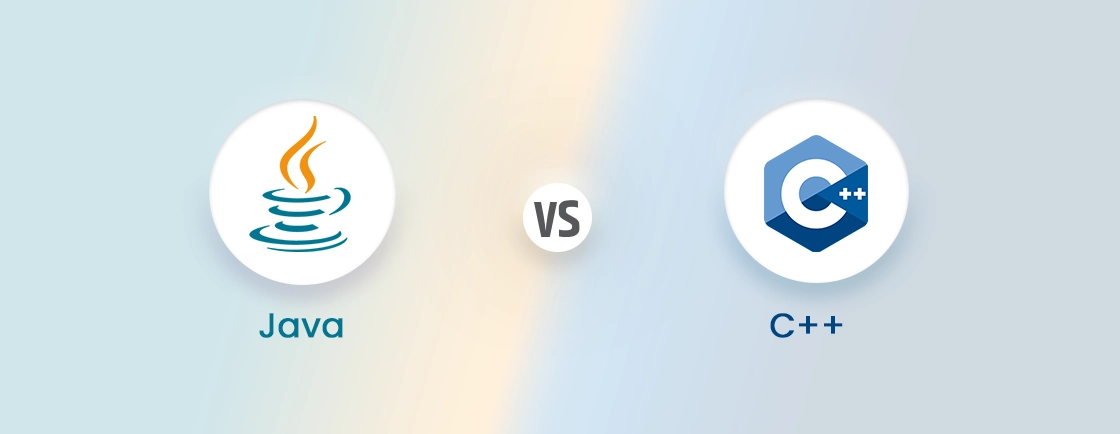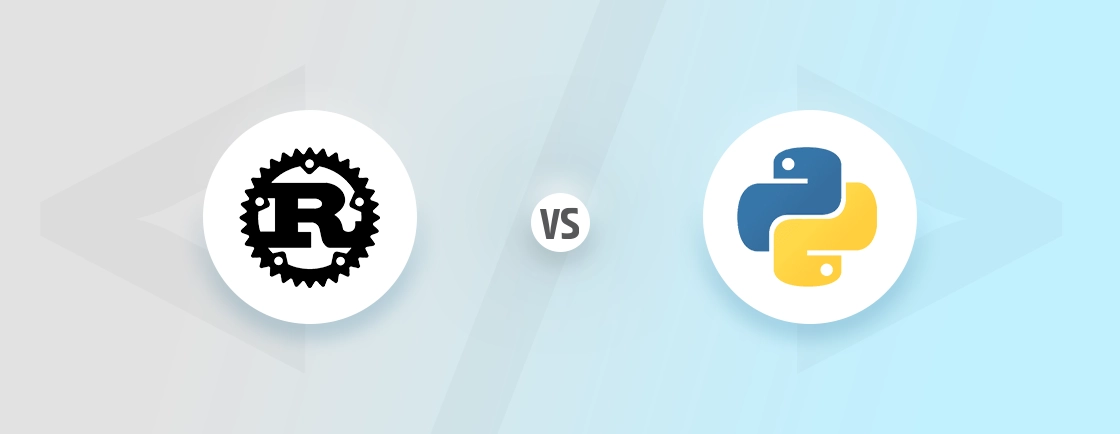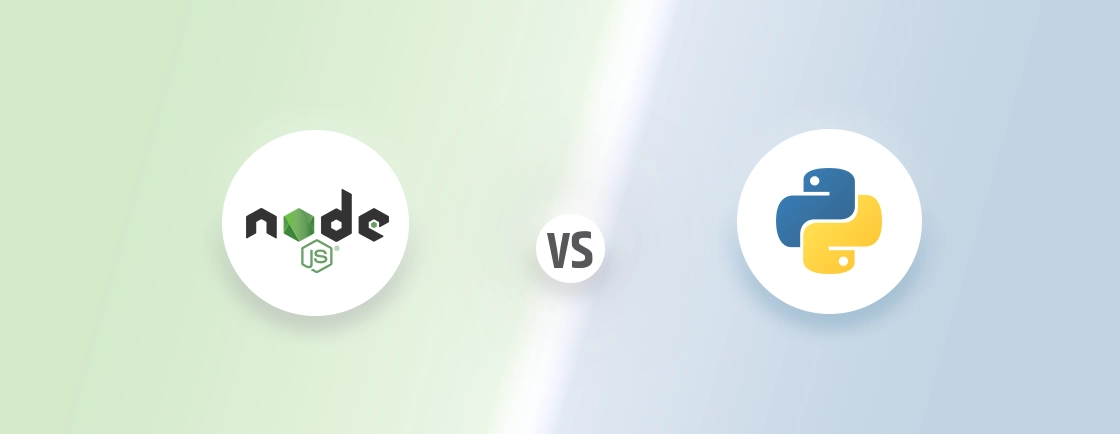Table of Contents
When it comes to building a website, choosing the right platform can be crucial for your site’s success. Two popular but very different options are Drupal and Wix. Both platforms cater to diverse audiences, offering distinct approaches to the web development process.
Drupal is one of the best content management systems (CMS), allowing developers to build customized and optimized sites. On the other hand, Wix is a user-friendly site-building tool that can serve small and medium-sized website businesses.
In this blog, we’ll explore the key features and use cases of both of them along with a quick difference. We’ll dive into the considerations web developers take into consideration before choosing the tool. With that, let’s start with taking an overview of Drupal and Wix.
What is Drupal?
Drupal is an open-source content management system (CMS) that allows users to create, manage, and publish content on the web. It is known for its flexibility, scalability, and security, making it suitable for a range of websites, from blogs to eCommerce sites.
Key Features of Drupal
- Flexibility: Drupal is highly customizable, allowing you to create unique and tailored websites.
- Scalability: It can handle large-scale websites and applications, making it suitable for growing businesses.
- Security: Drupal has a strong security track record, with regular updates and a large community dedicated to maintaining its security.
- Community: It has a large and active community of developers, designers, and users who contribute to its development and support.
- Extensibility: Drupal’s modular architecture allows you to extend its functionality with thousands of available modules.
- SEO-friendly: The platform is designed with SEO best practices in mind, making it easy to optimize your website for search engines.
- Multilingual Support: Drupal offers native support for multilingual websites, making it easier to create sites in multiple languages.
- Content Types: It comes with an advanced content management system that supports custom content types and categories. That allows for flexible content organization.
Use Cases of Drupal
- Government websites: Drupal is used by many government agencies due to its security and scalability.
- Corporate websites: Businesses of all sizes use Drupal to create their corporate websites.
- Non-profit websites: It is a popular choice for non-profit organizations due to its flexibility and community support.
- eCommerce websites: Drupal can be used to create online stores, with various modules available for eCommerce functionality.
- Community websites: It is ideal for building online communities, forums, and social networks.
If flexibility, scalability, and security are your priorities, Drupal could be an excellent choice for developing your site. Plus, its module library makes it even simpler for Drupal development experts to build custom sites.
What is Wix?
Wix is one of the best cloud-based website builders platforms that allows users to create professional-looking websites. It does not require extensive coding knowledge to build the site using Wix. It offers a drag-and-drop interface, making it easy for users to design and customize their websites.
Key Features of Wix
- Ease of Use: Wix’s intuitive interface and drag-and-drop editor make it simple to create and customize your website.
- Templates and Themes: It offers a wide variety of professionally designed templates and themes to choose from, making it easy to find a design that suits your needs.
- App Market: Wix has a large app market with thousands of apps and integrations, allowing you to add more functionality to your website.
- Mobile Optimization: Wix websites are automatically optimized for mobile devices, ensuring a great user experience on all screen sizes.
- eCommerce Features: If you want to sell products online, Wix offers built-in eCommerce features to help you set up your online store.
- Security: Wix provides built-in security features such as SSL certificates, regular backups, and updates to keep websites safe without needing manual intervention.
- Hosting and Domain: Wix offers built-in hosting and domain registration services. Users don’t need to arrange separate hosting services or purchase a domain from a different provider.
Use Case of Wix
- Small businesses: Wix is a popular choice for small businesses looking to create a professional online presence.
- Personal websites: Individuals can use Wix to create personal portfolios, blogs, or online stores.
- eCommerce websites: Wix offers eCommerce features and integrations to help you sell products online.
- Event websites: It can be used to create event websites, including invitations, registration forms, and ticketing.
- Landing pages: Wix is a great option for creating landing pages for marketing campaigns.
Wix, with its built-in hosting services, app market, and ease of use, can be preferred by web development services to build a site quickly. Now, to understand the difference further, let’s dive into a quick difference between Drupal and Wix.
Drupal vs Wix
| Aspect | Drupal | Wix |
|---|---|---|
| Type | Open-source Content Management System (CMS) | Cloud-based Website Builder |
| Target Audience | Developers, agencies, large organizations | Individuals, small businesses, non-technical users |
| Ease of Use | Requires technical knowledge | User-friendly interface, drag-and-drop builder |
| Customization | Highly customizable, allows for advanced coding | Offers basic customization options, limited coding flexibility |
| Templates | Provides a framework for custom designs | Offers pre-designed templates |
| SEO | Strong SEO capabilities, customizable | Provides basic SEO tools |
| Pricing | Open-source, free to use with hosting costs | Freemium model with paid plans for additional features |
| Scalability | Highly scalable, can handle large-scale websites | Can scale, but may have limitations for high-traffic websites |
| Security | Strong security features with regular updates; user must manage hosting security | SSL provided; Wix manages security, but customization is limited |
| Hosting | Requires external hosting (can be self-hosted or use managed hosting services) | Hosting is included in all plans |
| Use Cases | Government websites, enterprise applications, complex online stores | Personal websites, small business websites, blogs |
| Mobile Optimization | Responsive design possible with custom themes and mobile optimization | Built-in mobile optimization; separate mobile editor |
| Best for | Organizations requiring high levels of customization, security, and scalability | Individuals and small businesses seeking a user-friendly website builder |
Detailed Comparison Between Drupal and Wix
Here’s a detailed comparison between Drupal and Wix, focusing on key aspects such as ease of use, customization, performance, SEO, security, and more:
Ease of Use
Drupal is highly flexible but comes with a steeper learning curve. It’s designed for Drupal developers or users with technical knowledge. It allows full control over the website structure and content management.
To maximize Drupal’s potential, users often need to know coding or hire dedicated Drupal developers to accomplish tasks effectively.
Wix offers a much more user-friendly interface. It’s a drag-and-drop website builder, perfect for non-technical users. You can build and customize websites without writing a single line of code. The simplicity of Wix makes it an excellent choice for individuals and small businesses who want to launch a website quickly.
Verdict: Wix is generally easier to use for beginners due to its intuitive interface and visual editor. Drupal requires more technical expertise and a steeper learning curve.
Customization and Flexibility
Drupal outperforms in customization and flexibility. It’s open-source, so developers have complete control over the website’s design, structure, and features. Thousands of modules allow you to extend functionality, and the theming system is highly customizable. You can build anything from a small blog to an enterprise-level website.
Wix is more limited in terms of customization than Drupal. Although it offers a wide range of templates and apps, there are limitations on how much you can modify. Custom code can be added using the Wix Velo development platform, but it’s not as flexible as Drupal.
Verdict: Drupal offers greater customization and flexibility, especially for complex websites and organizations with specific requirements. Wix is suitable for simpler websites and those with limited technical knowledge.
Performance and Scalability
Drupal is highly scalable and can handle large, high-traffic websites with proper optimization. Performance in Drupal depends on server configuration, caching (e.g., Varnish, Memcached), and optimization techniques. Drupal’s modular nature allows it to grow with a website, making it ideal for businesses expecting long-term scalability.
Wix is suitable for small to medium-sized websites. While it performs well for its target audience, it’s not designed for highly complex or traffic-heavy sites. As websites grow in size and complexity, Wix’s performance can become limited.
Verdict: Drupal is generally more scalable and offers better performance for large-scale websites and applications. Wix may be suitable for smaller websites or those with moderate traffic.
Security and Maintenance
Drupal is known for its robust security features and dedicated security team. However, security patches and updates need to be applied regularly to ensure site security. Plus, hosting security and manual backups must also be handled by the site owner or hosting providers.
Wix handles all security aspects, including SSL certificates, automatic updates, and backups. This makes it easier for non-technical users who don’t want to worry about site maintenance. However, Wix does not provide the same level of customization or control over security as Drupal.
Verdict: Drupal offers stronger security features and a more active community dedicated to maintaining its security. Wix provides basic security but may have limitations for organizations with stringent security requirements.
Integration with Other Tools
Drupal is highly extensible and can integrate with a vast array of third-party tools and services. Whether it’s CRM systems (like Salesforce), analytics platforms, marketing automation tools, or eCommerce platforms. Plus, Drupal Commerce and SEO modules add to integration capability furthermore.
Wix provides integration with a variety of third-party apps through its App Market, including marketing tools and eCommerce tools. However, Wix has limitations when it comes to integrating advanced or custom tools. The integrations available are pre-configured and designed to be user-friendly, but they lack the flexibility for customization.
Verdict: Drupal offers greater flexibility and a wider range of integration options compared to Wix. Wix may be suitable for basic integrations, but organizations with complex integration requirements may prefer Drupal.
SEO Capabilities
Drupal offers powerful SEO capabilities through modules like Yoast SEO, Metatag, and Pathauto. Users have full control over URL structures, meta tags, and content optimization. Plus, Drupal’s performance optimization tools also help improve page load times, contributing to better SEO rankings.
Wix offers built-in SEO tools that are easy to use, including meta tag management, alt text for images, and customizable URLs. The Wix SEO wizard helps guide users through basic SEO settings, making it ideal for beginners. However, Wix lacks some of the more advanced SEO configurations and flexibility that Drupal offers.
Verdict: For advanced SEO capabilities, Drupal is the clear winner, offering more control and customization for optimizing large websites. Wix is suitable for basic SEO optimization, but organizations with complex SEO requirements may prefer Drupal.
Cost and Pricing
Drupal is free to download and use, as it’s an open-source platform. However, the cost of building the Drupal website and maintaining it may increase the total cost.
You’ll need to pay for hosting services, Drupal themes, and developers (if you lack technical skills). Plus, ongoing maintenance and updates also add to the long-term cost.
Wix has a range of pricing plans, starting with a free option and moving up to premium packages that include hosting, templates, and security. Its cost is predictable, and for most users, it’s much cheaper to set up and maintain than Drupal. However, as your needs grow, the monthly costs can increase, especially if you need premium apps or features.
Verdict: Wix is more cost-effective for small to medium websites with basic needs. On the other hand, Drupal is generally more cost-effective for organizations with technical expertise, as it’s free to use.
Drupal is a flexible CMS suitable for organizations with complex requirements and a technical team. Wix is a user-friendly website builder ideal for individuals and small businesses seeking a quick and easy way to create websites. However, if you are looking to build a scalable and robust site, consider hiring web developers.
Final Verdict
The best choice depends on your specific needs and preferences for customization, security, cost, and more. Here is how you can choose between Drupal and Wix:
- Choose Drupal if: You need a highly customizable and scalable platform with a complex website with advanced features.
- Choose Wix if: You need a simple and quick way to create a website with no extensive coding needed.
By understanding the key features and use cases of both, you will be able to make the ideal choice for your requirements. But if you want a robust site developed with the best practices followed, hire web developers today!
FAQs About Drupal vs Wix
Which platform is better for eCommerce websites?
Both Drupal and Wix offer eCommerce features, but Drupal may be more suitable for large-scale online stores or those with complex requirements.
What is the cost difference between Drupal and Wix?
Drupal is generally more cost-effective in the long run, especially for complex websites. Wix offers a range of pricing options, but may have limitations in the free plan.
Can I migrate my website from Wix to Drupal?
Yes, it is possible to migrate a website from Wix to Drupal, but the process requires technical expertise. Since Wix is a proprietary platform, exporting data and migrating design elements will likely require manual efforts.
Compare the best tech side by side.
Our in-depth comparisons help you see features, pros & cons, and choose the right tools confidently.





